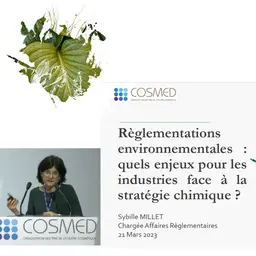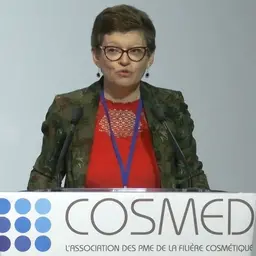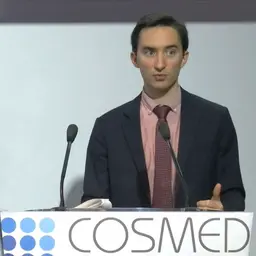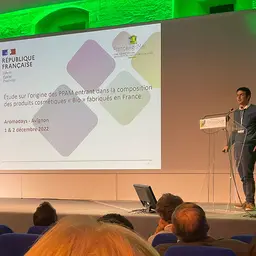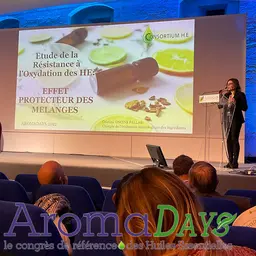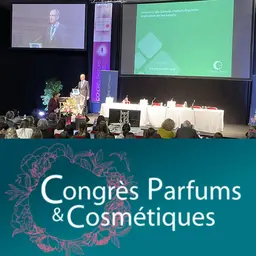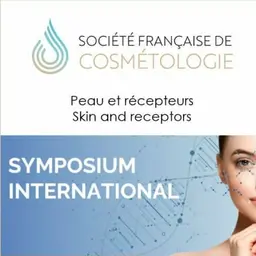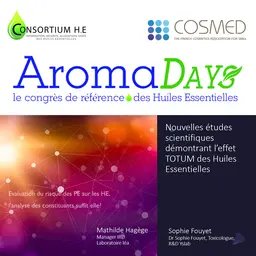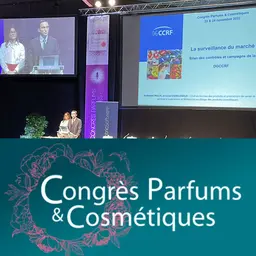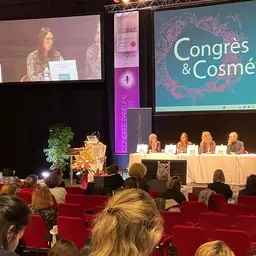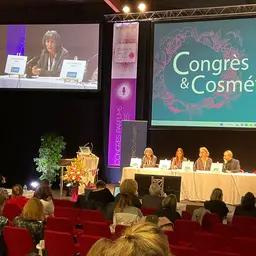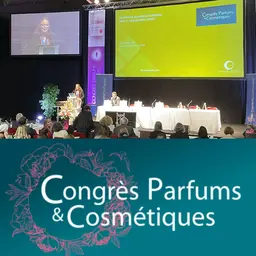
Should we give credit to cosmetics claimed to be ‘anti-pollution’? Maybe we should, if they contain the right ingredients for it. Indeed, what is now for certain is that poor environmental conditions have a real negative impact on the skin’s condition. In a conference presented at the Beyond Beauty show, Marc-André Lefebvre, of L’Oréal, presented the research his group conducted, and which contributed to providing evidence of this.
As an expert in analytical chemistry, he managed L’Oréal’s product assessment department for a long time. Today, Marc-André Lefebvre presents himself as the spokesman for both the group and its teams of researchers who have been working on the following question for several years: what are the consequences of poor environmental conditions on the skin?
The objective was to determine whether they were real, important, if it were possible to provide evidence of them, measure them, and document them in order to, of course, prevent them or correct them with cosmetic products.
It took many years and four studies, from Paris to Shanghai, and even Mexico, to come up with the results Marc-André Lefebvre presented.
‘This is not an easy issue to tackle’,
the researcher underlined,
‘especially if one wants to take into account the complexity of all exposures, and even their quantification. And it requires considerable means’.
The L’Oréal group already had significant expertise in the field of sun protection and in-depth knowledge of UV consequences on the skin.
Many assessment techniques have been developed, in particular biophysical and biochemical methods, to which analytical tools were added for determining what occurs at the interface between the outside world and …

